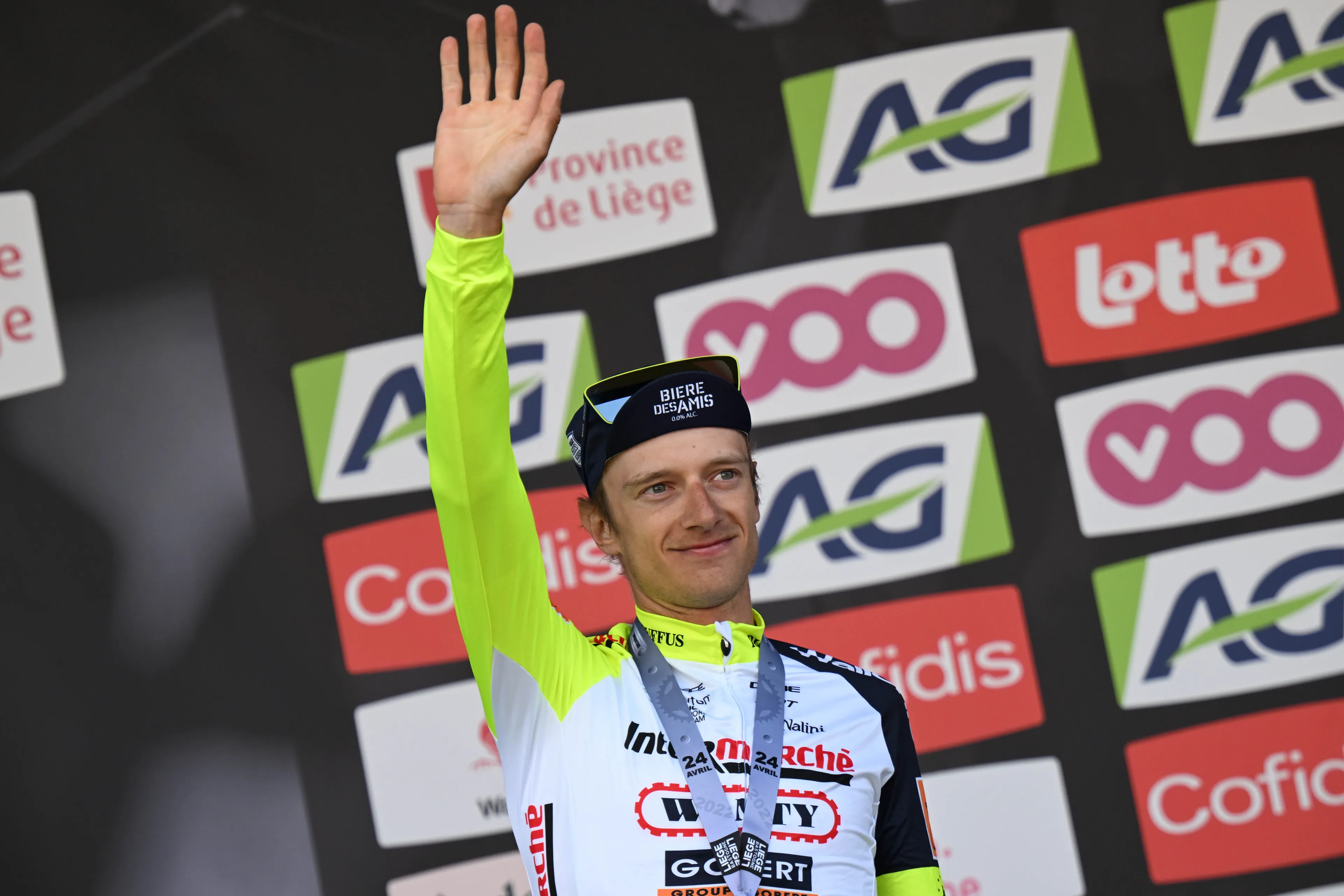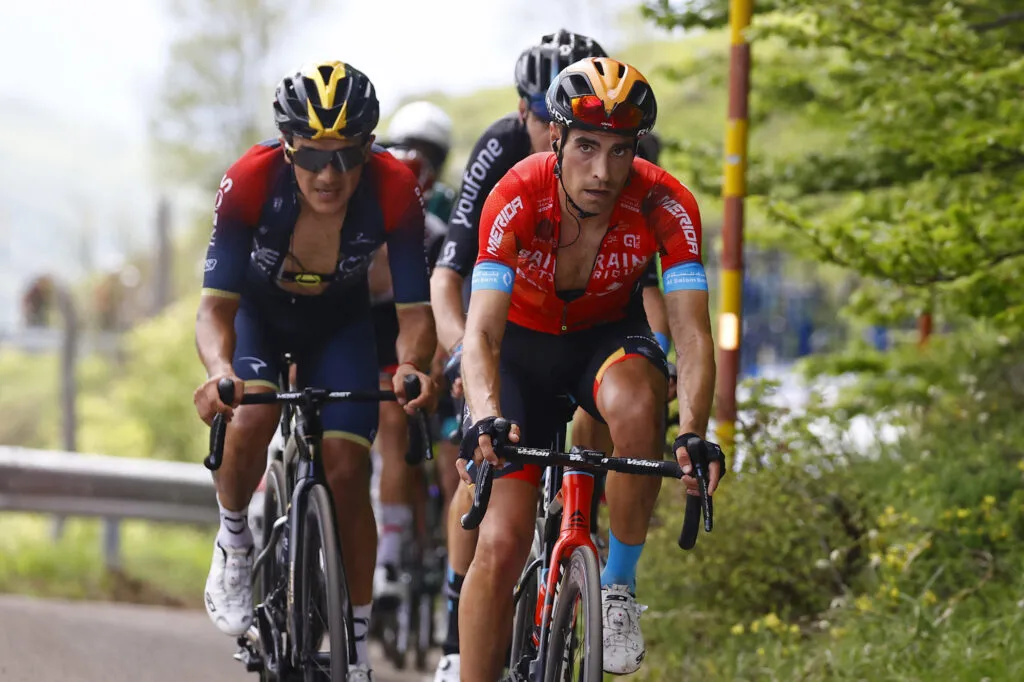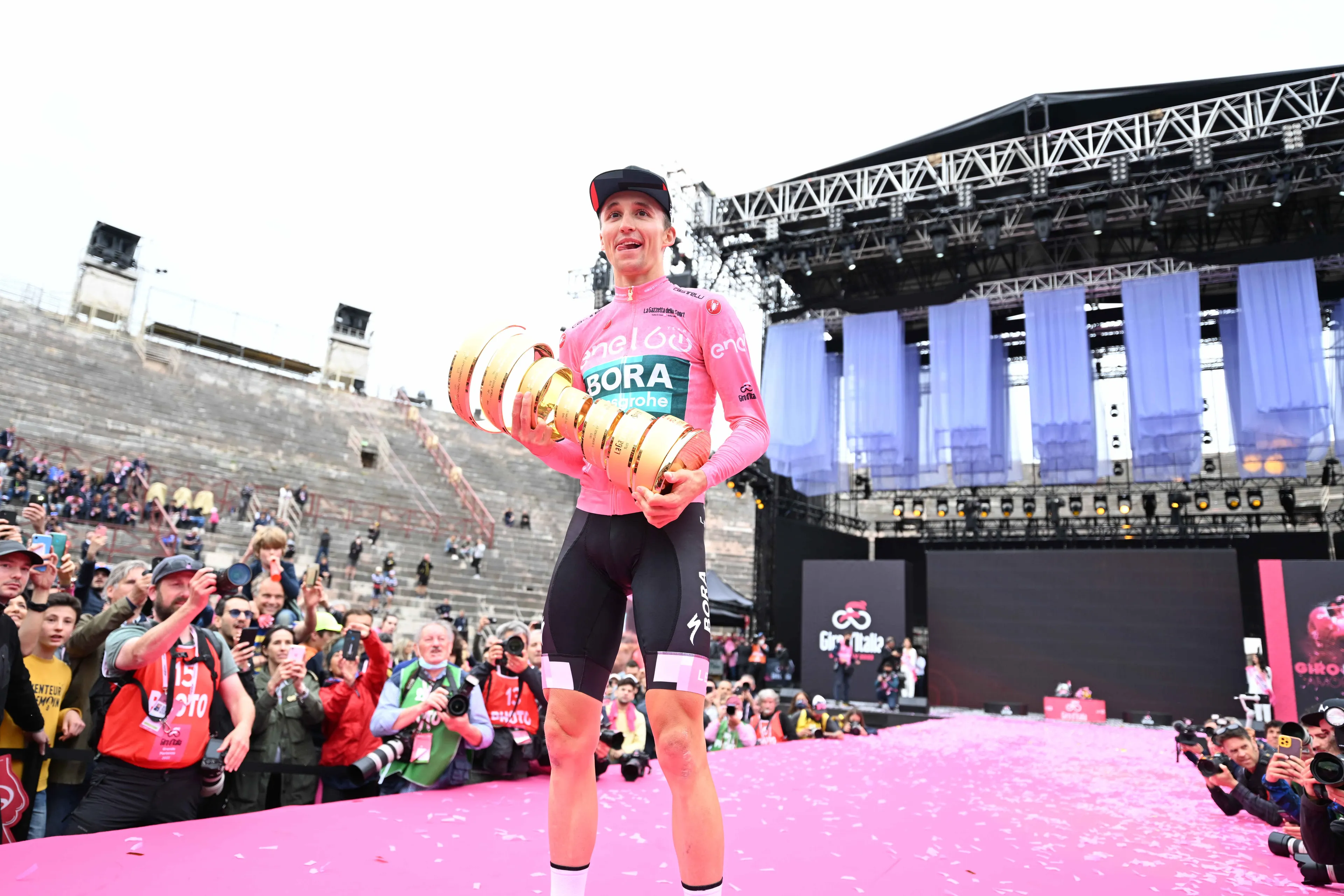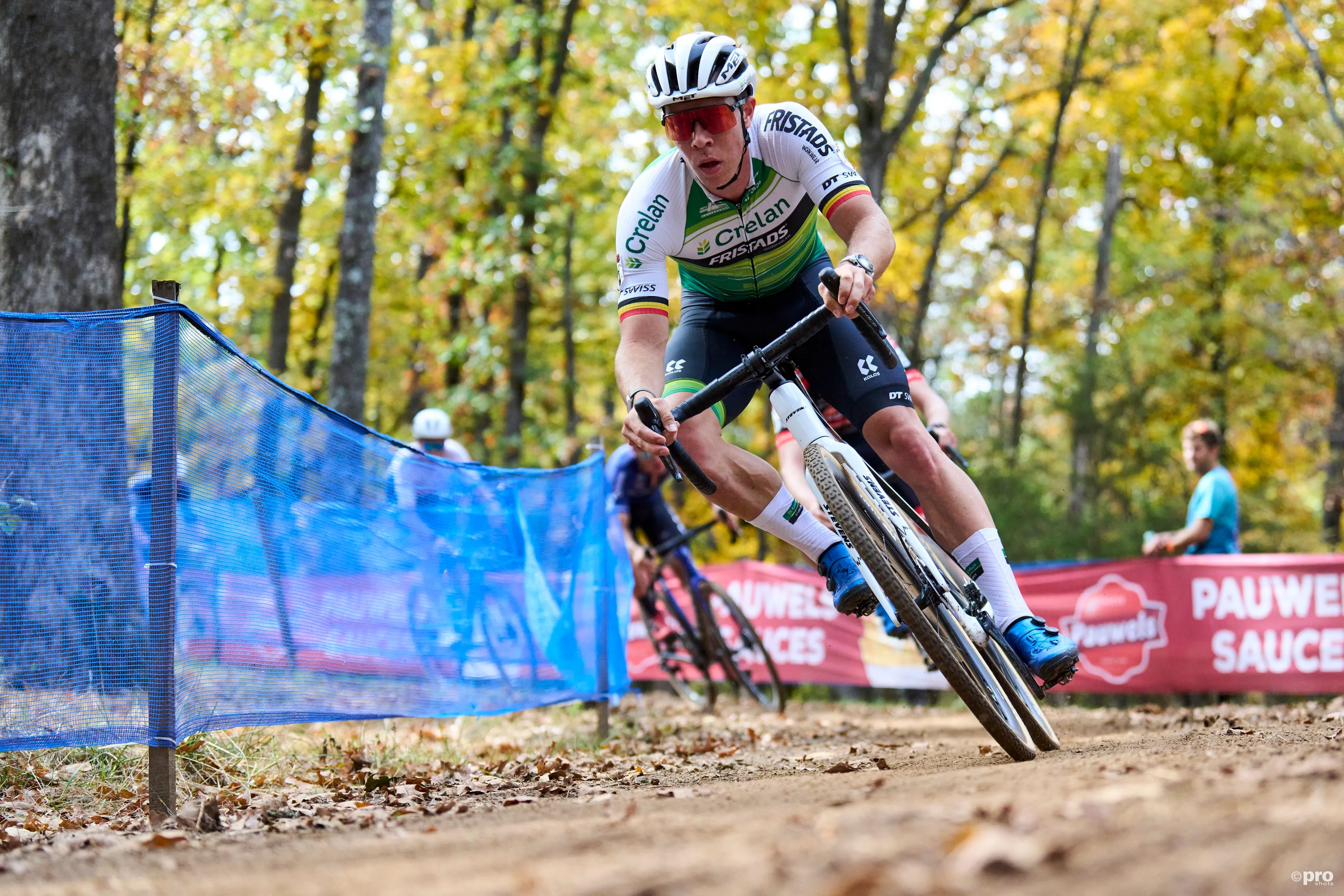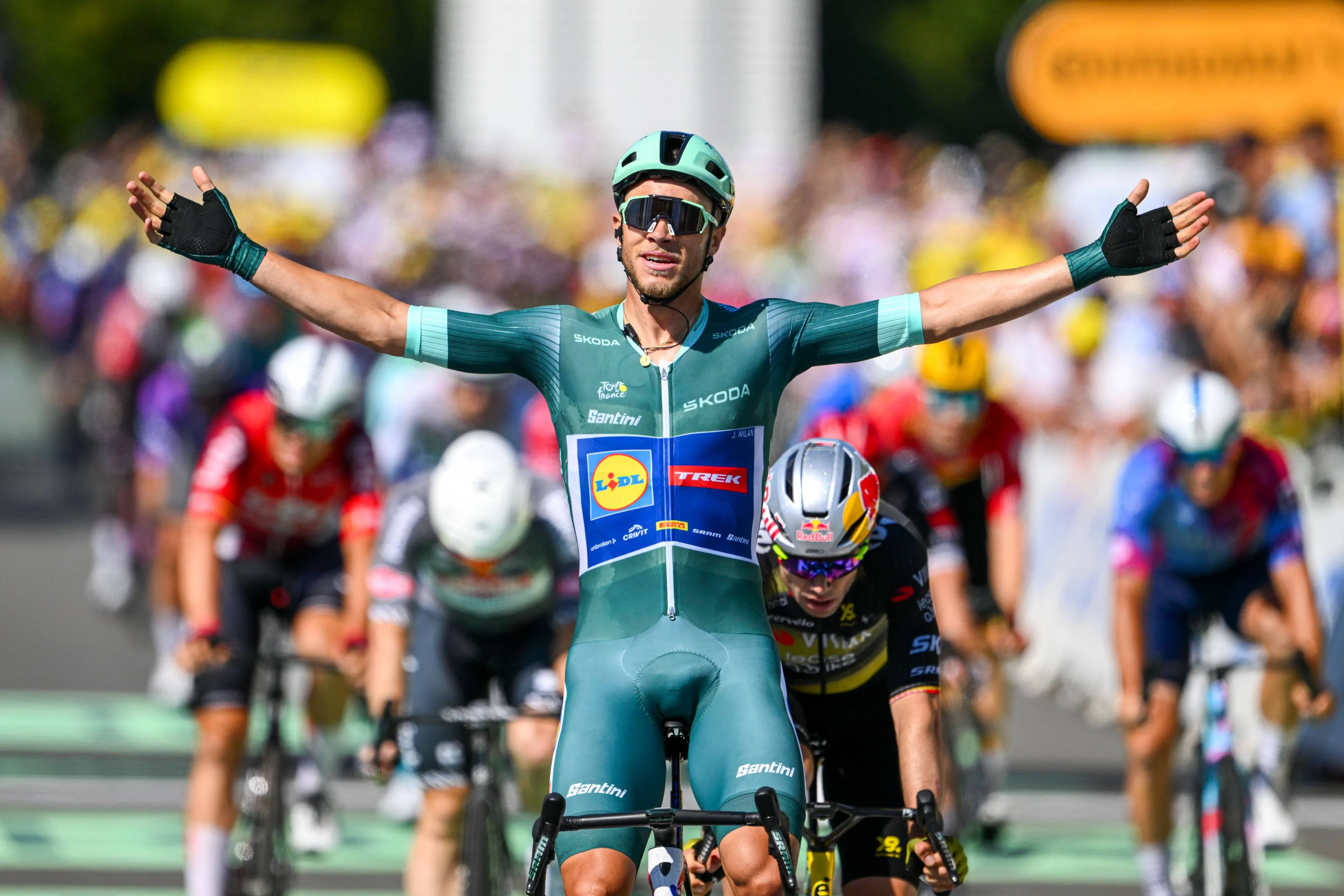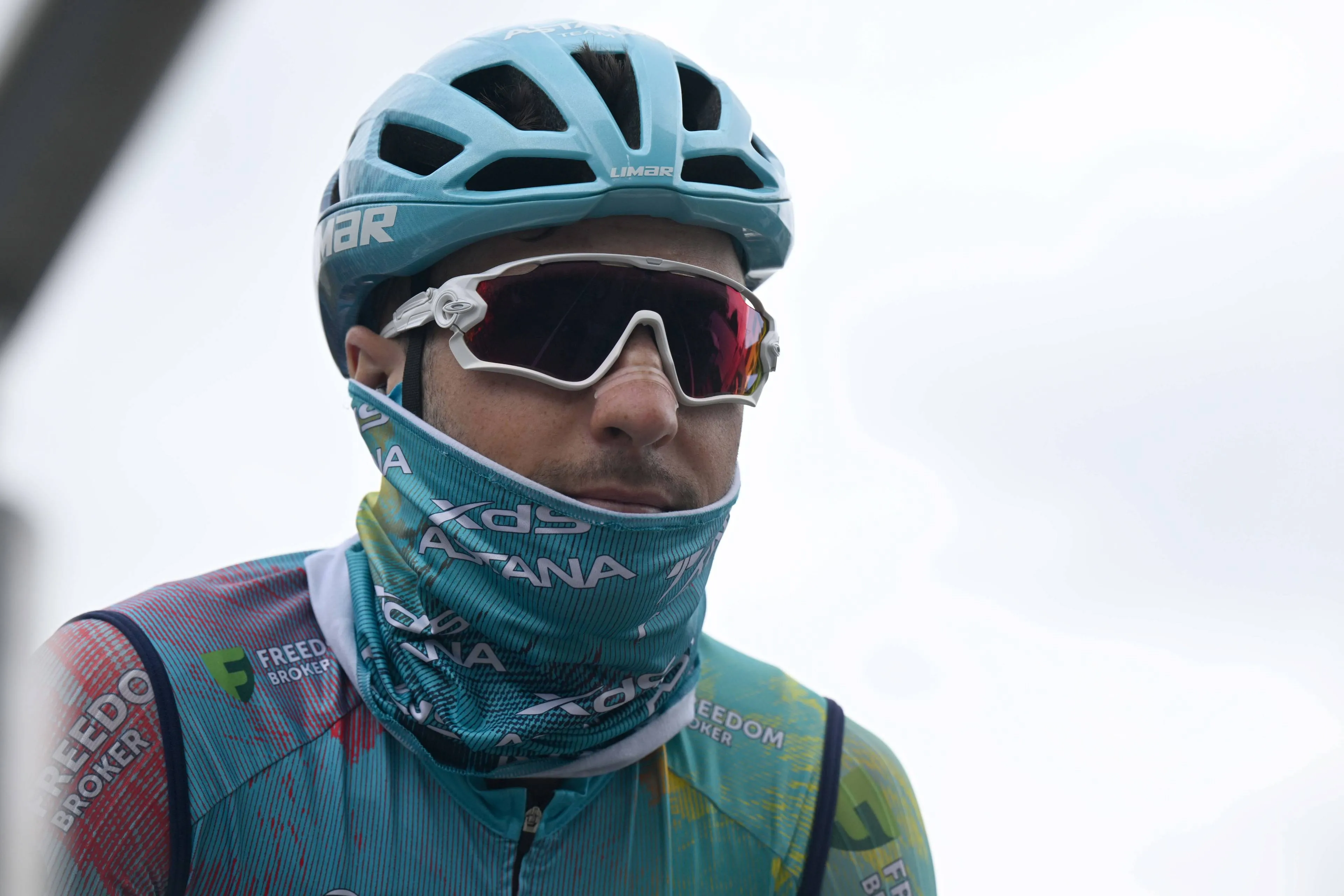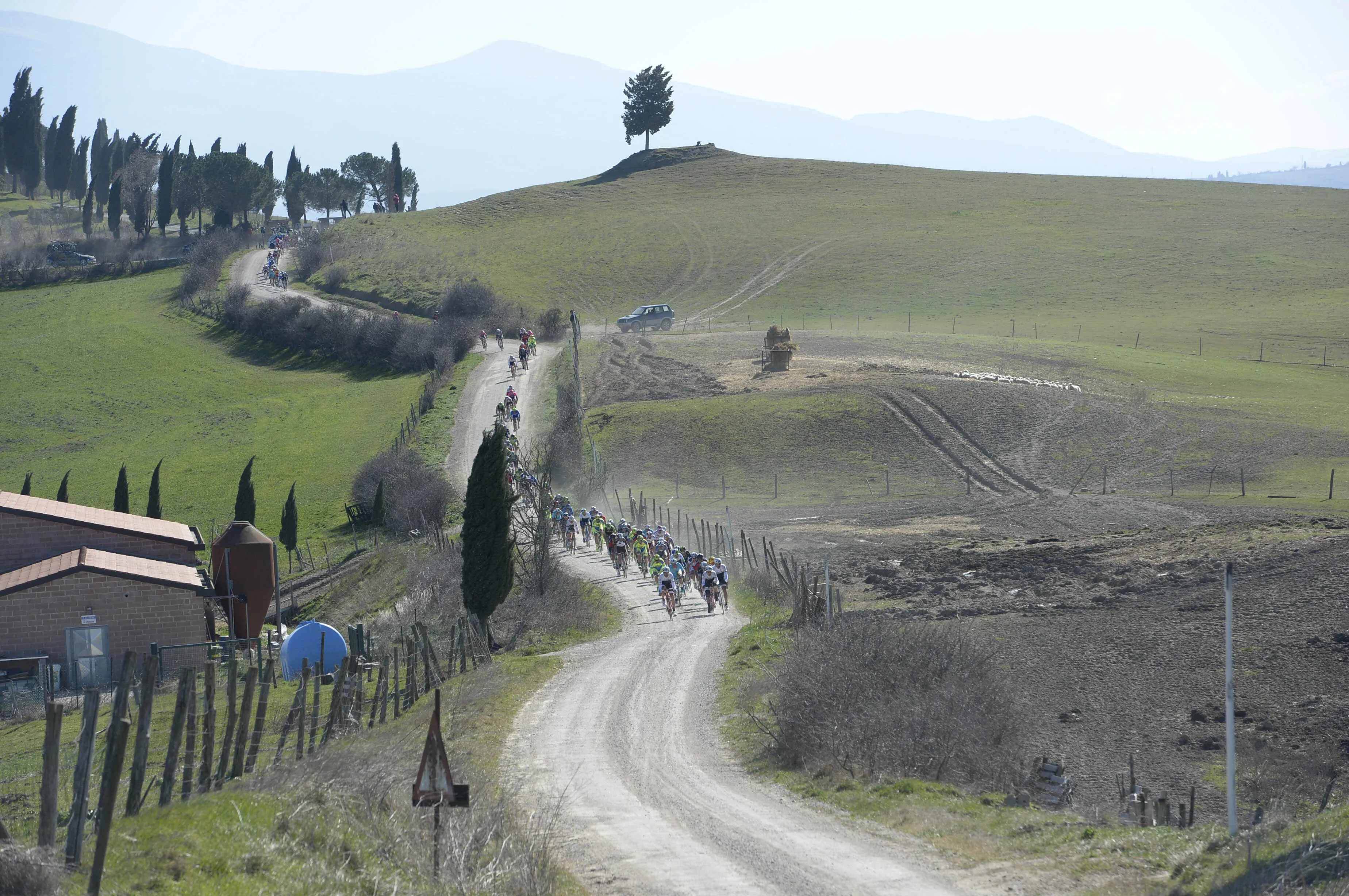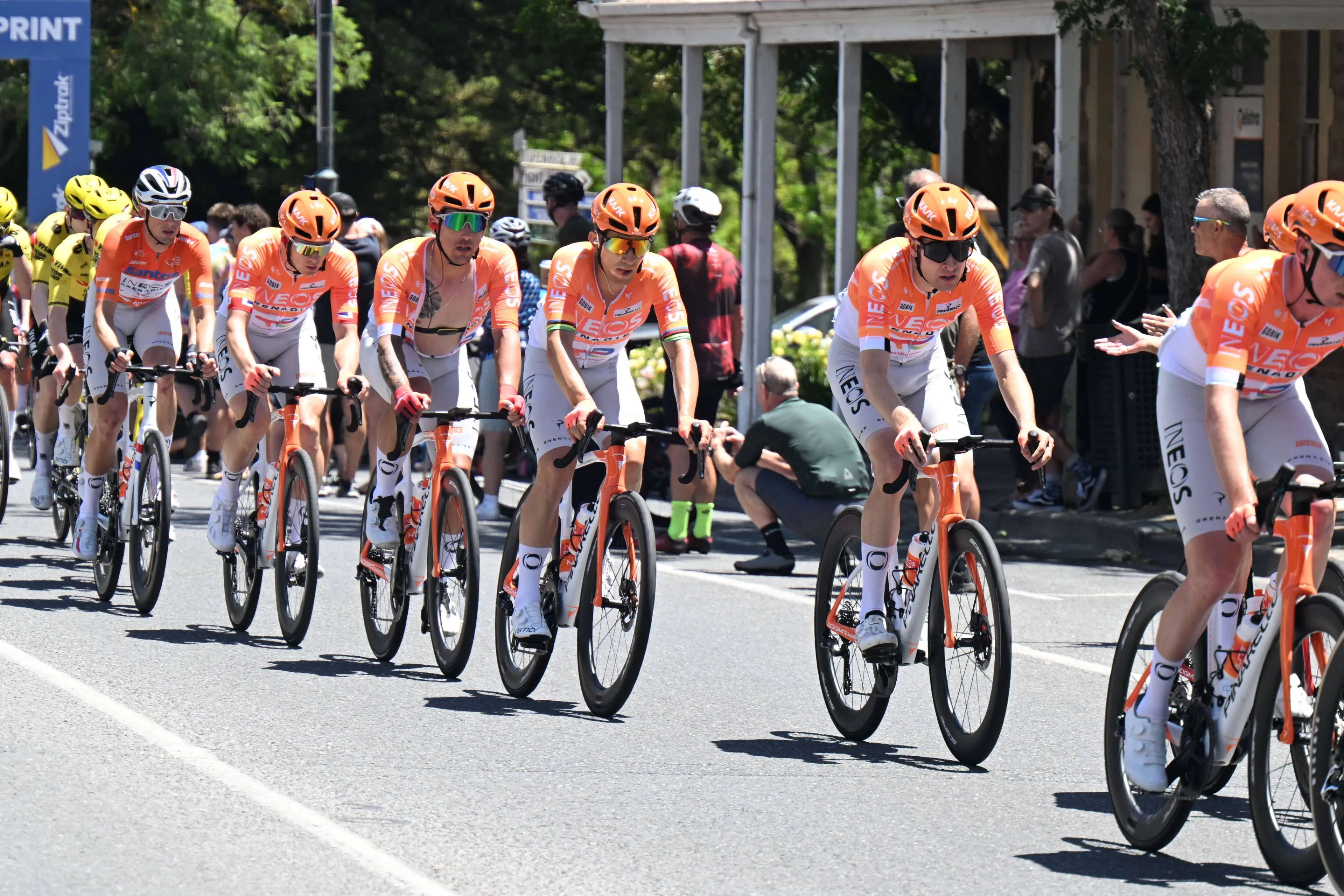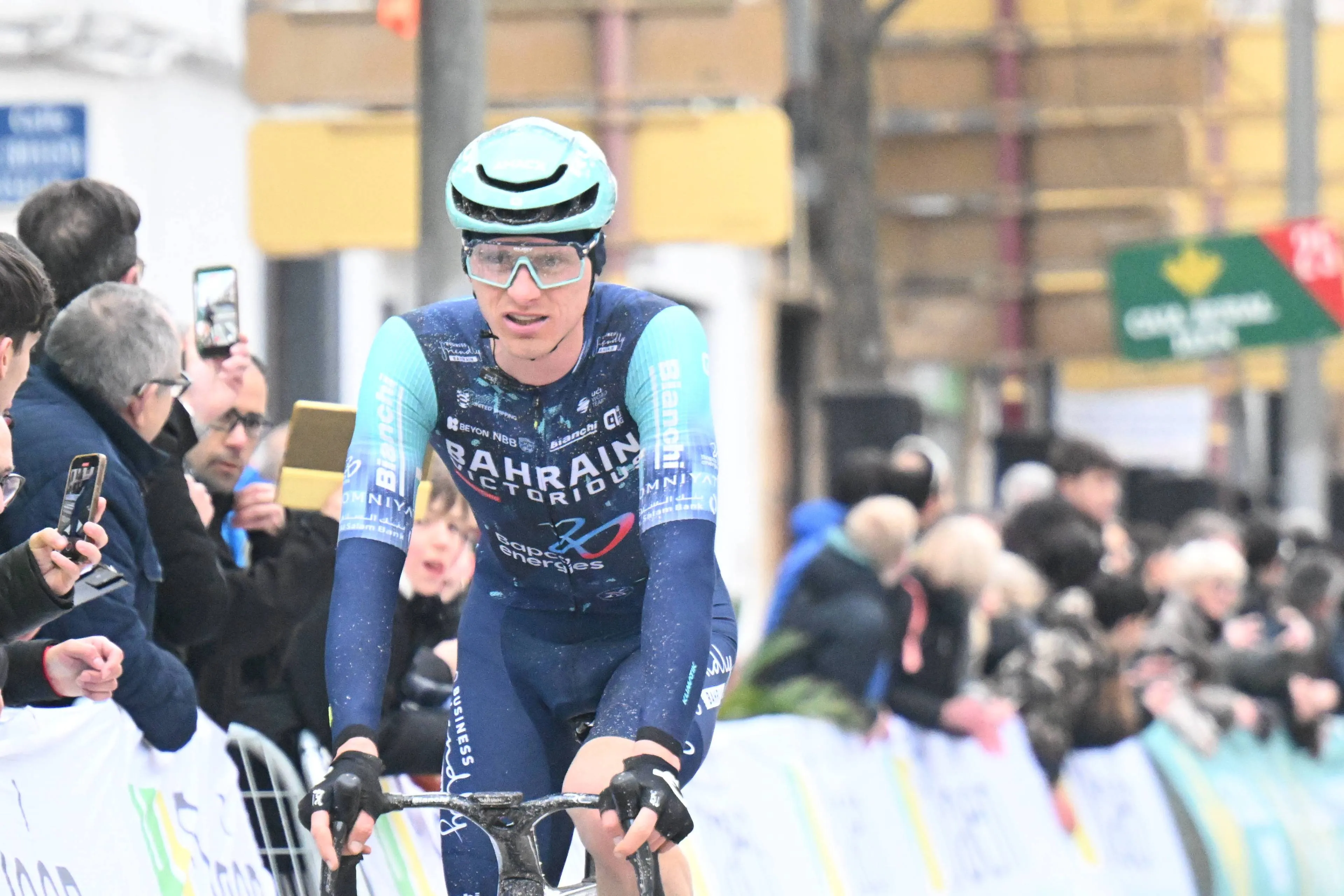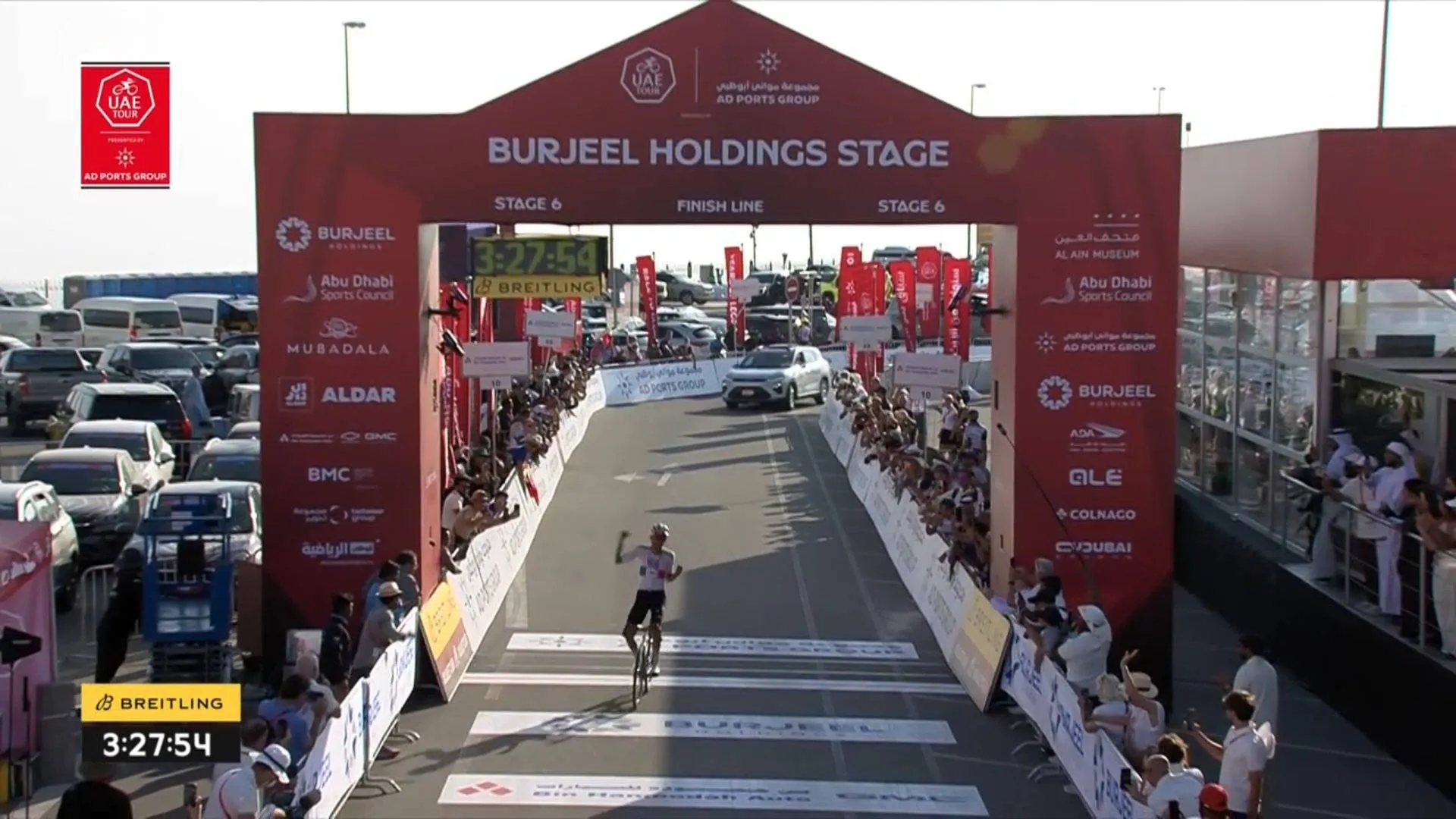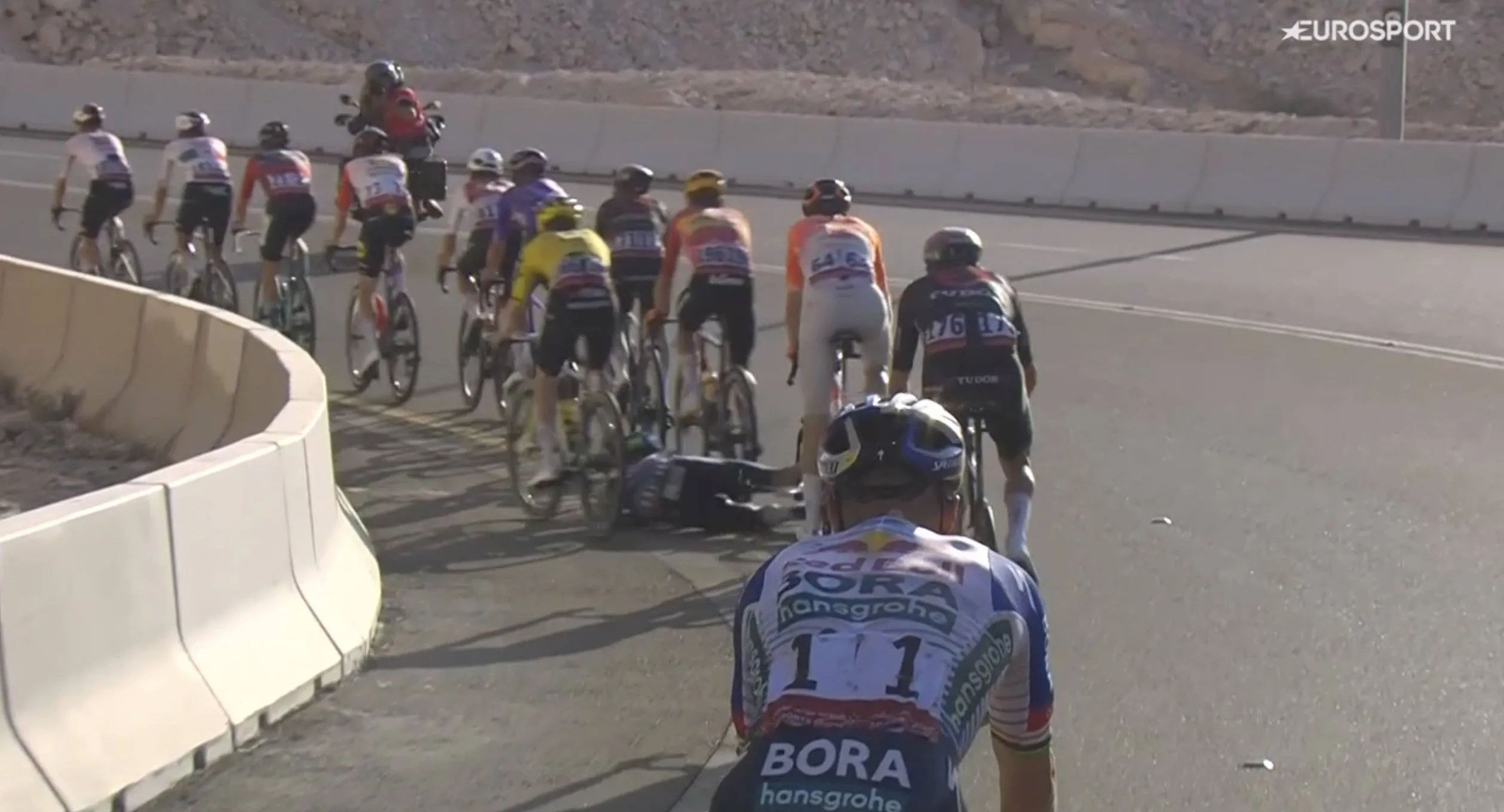USA races "arm cyclocross in a certain way for the future", van den Spiegel is confident of
CyclocrossWednesday, 19 October 2022 at 20:30

Flanders Classics CEO Thomas van den Spiegel has talked about the future of Cyclocross and more specifically the non-Belgian portion of World Cup racing currently existing.
"In Flanders we experience cyclo-cross as a folk festival: we like to drink a beer and listen to bad music," van den Spiegel explained in an interview with Sporza. "We are all absorbed in it. That is part of who we are. But the people who line the course in the United States are all active cyclocross riders... Those people invest a lot to be there, they come from 20 to 30 different American states. Cyclo-cross is experienced in the US more as a participation sport than a spectator sport on the spot."
Read also
Flanders Classics - who also organize many of the spring classics - are since 2020-2021 taking charge of the World Cup. This year it consists of 14 races, spread throughout 8 countries. These include "foreign" races in the USA (Waterloo & Fayetteville), Czech Republic (Tabor), Ireland (Dublin), Italy (Val di Sole), Spain (Benidorm) and France (Besançon).
"The intention is to arm cyclocross in a certain way for the future. That will not only work in Flanders. Cycling has the potential to be a bigger sport. We see that in the applications we get for the World Cup," he continued, arguing for the focus in developing cyclocross in other nations.
Read also
“Currently, we have names in both the men and women that are known to cycling followers around the world. Just think of the big three (Van Aert, Van der Poel and Pidcock), Lucinda Brand and Fem van Empel, who will also be riding on the road. Kata Blanka Vas and Zoe Bäckstedt are also coming. We have to use that momentum to take cyclo-cross a bit out of Flanders," van den Spiegel said. "We can also return to Flanders. But where is cyclocross going then? Will cyclocross in its current form still exist in 2030?"
The recent spur of cyclocross stars moving onto the road with large amounts of success has further popularized the discipline. Not only has it brought in more attention from more traditional road cycling fans, but several pro riders are also taking the leap back to the discipline over the winter in search of a different approach to their training.
Read also
The two World cups in Waterloo and Fayetteville - which has also hosted the world championships last season - have been successful and the USA is now a consistent figure at the start of the CX calendar. “Behind the crossroads in Fayetteville is the Walton family, from the Walmart chain. They are among the richest Americans. Trek is located in Waterloo, which has been investing a lot in cyclo-cross for years via the team of Sven Nys (Baloise Trek Lions). You have to honor and respect in a certain way that people are still willing to do that," he reasoned behind the focus and collaboration that exists between the organizers.
"It is undeniable that in the long term we will have to look at how we can better shape the World Cup. We have to see how we can ensure that the best riders start in as many crosses as possible," van den Spiegel argued.
Read also
claps 0visitors 0
Just in
Popular news
Latest comments
- This is the Del Toro vs Seixas era, something similar to Sinner and Alcaraz, they will mark the decade alongside Pogi. Rat Ayuso is something similar to Zverev. Seixas and Ayuso will have a problem with Pogi, who at 27 is a combination of Federer, Nadal and Djokovic. Not everything in life is ideal for these youngsters: Del Toro has to work for Pogi (for the time being)... but Seixas and Ayuso can become mega stars only if they give Pogi a hard time, or maybe even beating him. We will see.Mou-Cro-HR22-02-2026
- I have a serious question for all the Belgian and other fans of Remco Mustafa. He likes to phone a lot ☎️📞 at the end of some second class races, but I said that he wouldn't be phoning in the UAE Tour. Can someone explain to me why we didn't have the honor of watching it in Dubai? Thank you.Mou-Cro-HR22-02-2026
- OMG, Del Toro smashed it. Congrats!!! To be honest, the cycling world doesn't deserve Pogi "suffocating" DelToro. UCI must find a way for them to be in different teams so that we cycling fans can enjoy a real duel of two of the best. DelToro is not a rat like Ayuso, he is a good guy and he won't cause problems like the rat. But I would like to see a Pogi-DelToro-Seixas-🐀 Ayuso fight. I think that Vini and particularly Remco don't fall into this equation any more. Maybe I'm wrong about Vini, maybe, but Remco is definitely out. Ad acta.Mou-Cro-HR22-02-2026
- Gilbert: "I would be more concerned if Evenepoel had won that monster climb by five minutes. It shows Remco is not peaking too early.” Really Gilbert??? Now you're making excuses in Remco's name? Please explain to me why Tadej Pogacar-Pogi is at his peak all year round? He usually wins his first race Strade Bianche and his last race Lombardy...and a bunch of races in between... like different Monuments and stage races and WC. Gilbert, you're making a fool of yourself... you,d be better off being quiet.Mou-Cro-HR22-02-2026
- an episode of acute climbitis, maybe?.
 maria2024202422-02-2026
maria2024202422-02-2026 - Common Gilbert, stop the BS... Remco is the king of excuses. Just think back a year or two... everyone was mocking him, even his own cousin. Where was his peak last year at the WC...at the EC...at Lombardija...at the Tour de France? He was actually in form because his TT's were great, and he was strong, but what happened on the climbs? NOTHING!!! And what will happen this year? NOTHING!!! Is that why the foolish bosses at Red Bull spent all that money...for a good TT cyclist and nothing else? Don't insult my intelligence.Mou-Cro-HR22-02-2026
- Common mij, stop the BS... Remco is the king of excuses. Just think back a year or two... everyone was mocking him, even his own cousin.Mou-Cro-HR22-02-2026
- I have a message for the French and Mexicans. In the next 10 years, you will experience the most beautiful era in the history of your countries in terms of cycling.... Sexais and Del Toro. The Spaniards will also recover from damages caused by Mas, Rodriguez and Landa. PS: The Belgians can switch to bobsleigh or curling as a national sport. Remco can change to skeleton... he's very aerodynamic.🤣🤣🤣Mou-Cro-HR22-02-2026
- After long a research I finally found out the reason for Remco's terrible performance in the Emirates. Roglic and Lipowitz are to blame because they didn't want to help in this race, but looked after their own asses which is unacceptable for Remco... the GOAT of excuses.Mou-Cro-HR22-02-2026
- I can't understand Remco. For a supposed Tour contender, his climbing is beyond bad. He couldn't keep up with a bunch of guys I've never heard of. He's either sand bagging or he just can't climb steep gradients. He's climbed well in the past, it doesn't make sense to me. I think he's foxing..he's not as bad as he's shown at this race. I'm not a Remco fan or hater but can see he really wants to be the best. Maybe he's confusing confidence with competence.Santiago22-02-2026
Loading
It has been an exciting start to the CX World Cup in 🇺🇸 Next up: 📍Tabor, Czech Republic 📆: Join us on 23 October for more of the action and to find out if Iserbyt and van Empel will continue their winning streak... #CXWorldCup
Write a comment
